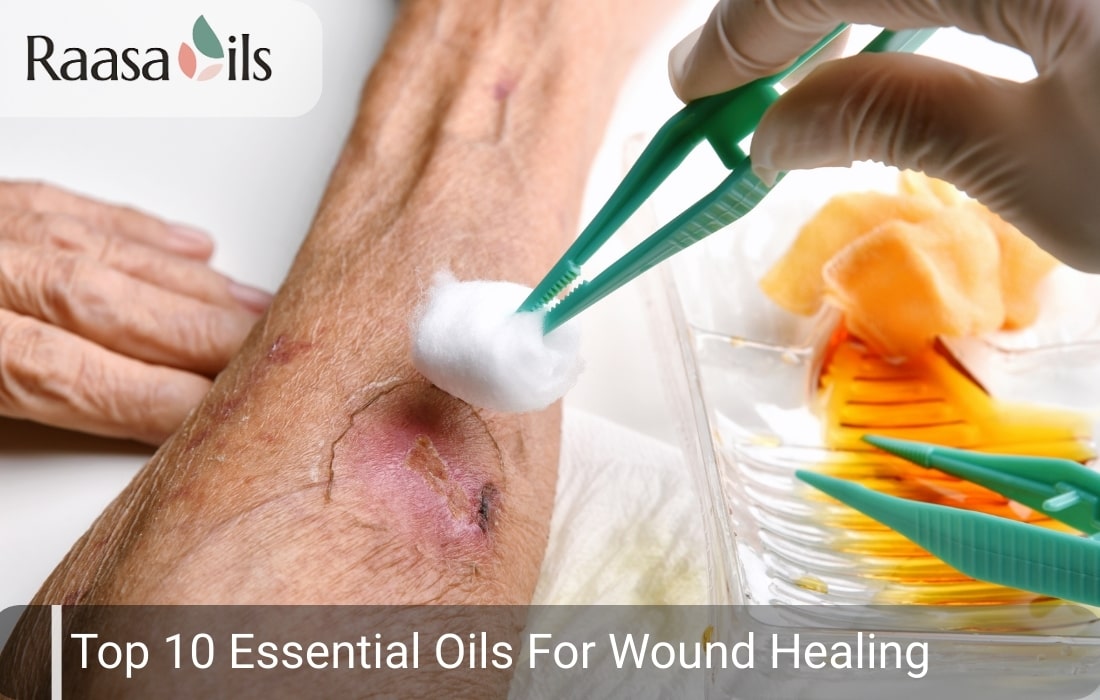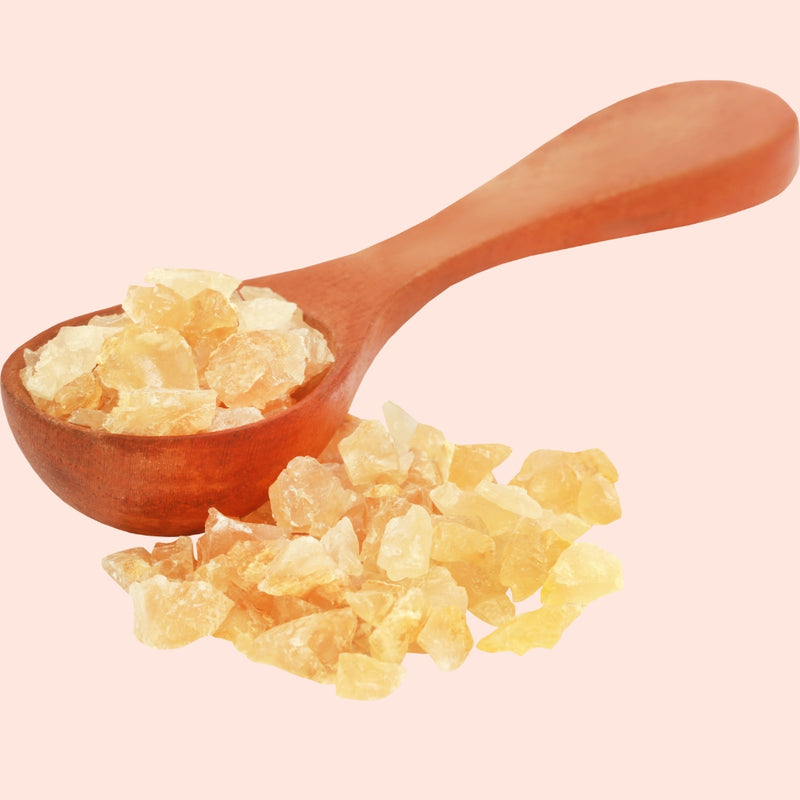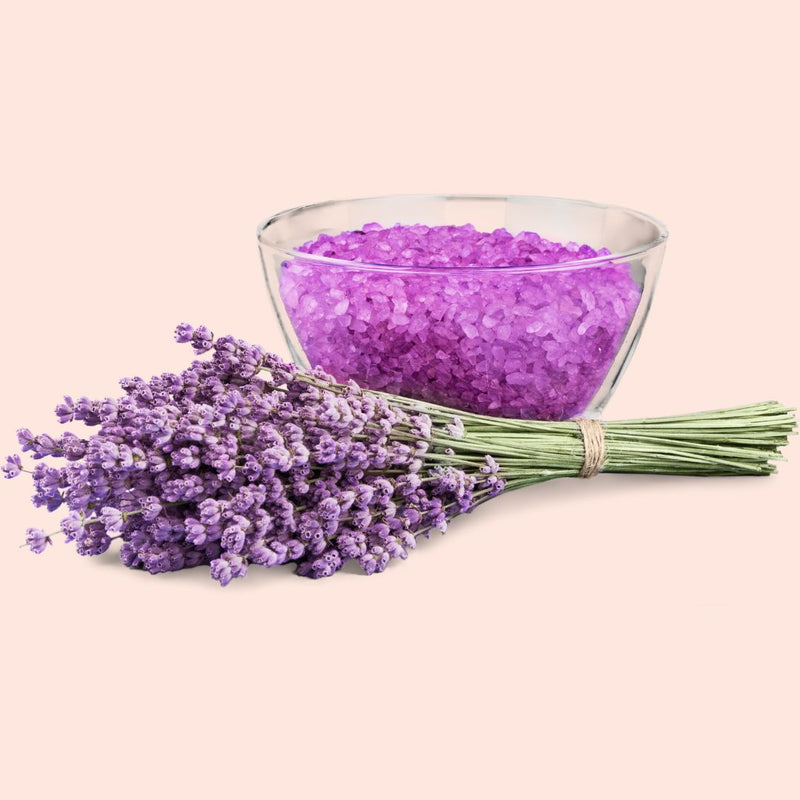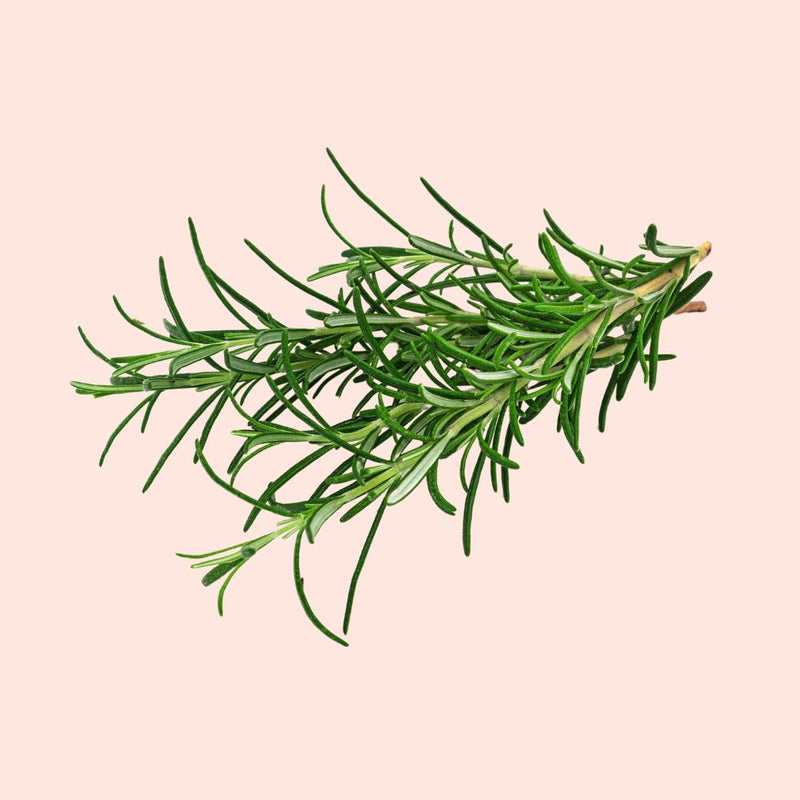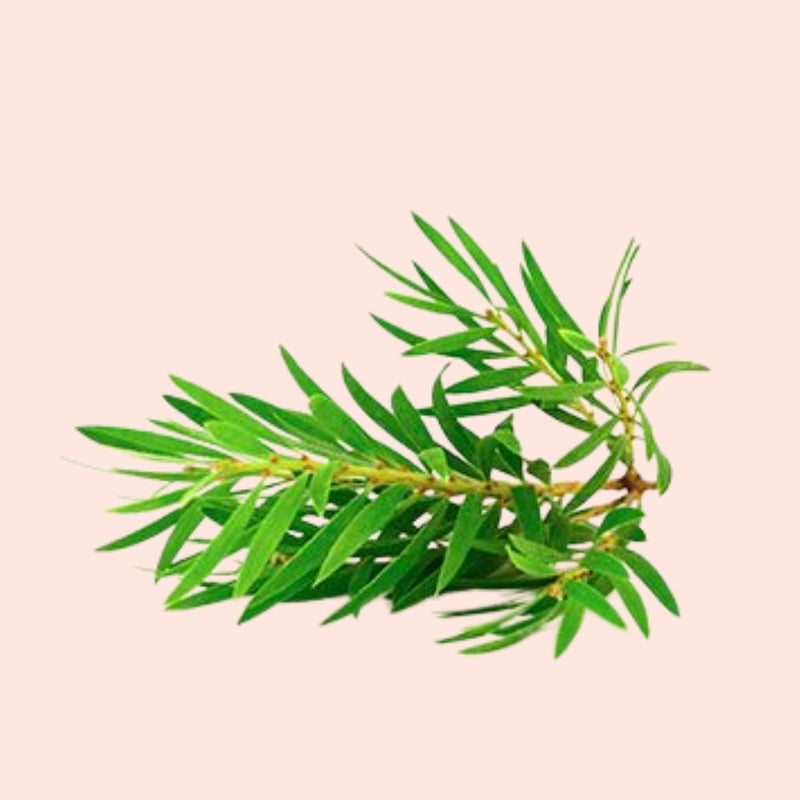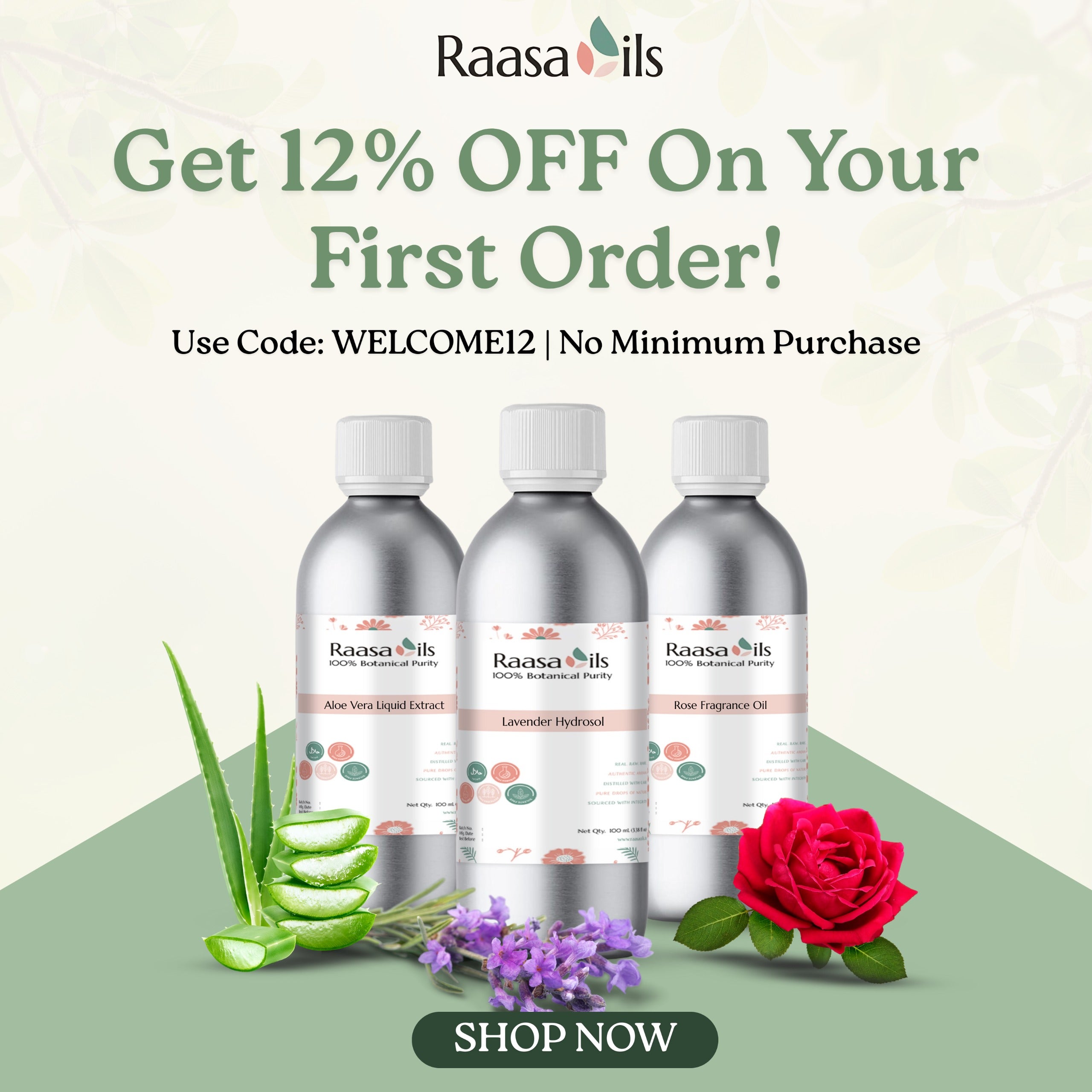Essential oils are highly volatile and concentrated liquids extracted from plants, which have been used for centuries in traditional medicine for their diverse therapeutic properties. It captures the aroma, flavour, and beneficial properties from the plant and gives wound healing, gaining renewed attention. The plant extracts are potent and contain bioactive components that offer antimicrobial, antioxidant, and anti-inflammatory benefits. Essential oil reduces the risk of infection and supports the tissues to regenerate, reduces inflammation, and helps care for the wound. The natural effectiveness makes them popular for those seeking integrated remedies to enhance the natural healing process of the body. For safety and effectiveness, it is advised to use them correctly and dilute with any carrier oil of your choice.
List of Top 10 Essential Oils for Wound Healing
Essential oils are natural and effective for the wound healing process. These are very powerful and natural extracts from the plant, which eventually prevent the infection-causing germs and reduce the inflammation, along with accelerating tissue repair. The top 10 list of most beneficial essential oils known for their wound-healing properties is followed.
1. Frankincense Essential Oil for Wound Healing
Frankincense essential oil has strong antiseptic and anti-inflammatory properties. Frankincense essential oil is also known for its ability to promote cellular regeneration, which is crucial for repairing damaged skin and tissue. It shields the wound from microbial infections while reducing swelling and redness around it.

Another familiar feature of this essential oil is its capacity to encourage cellular regeneration, which is essential for healing damaged tissue and skin. By toning and lifting the skin, its astringent qualities can help reduce scar tissue.
2. Lavender Essential Oil for Wound Healing
Lavender essential oil is one of the most multiskilled and mild oils for wound care. Its calming, natural aroma can also help to relieve pain and stress. It helps soothe a wound because of its strong antiseptic and anti-inflammatory qualities.

Lavender essential oil's soothing aroma can also help rejuvenate the mind and keep the environment feeling clean and fresh. By encouraging the growth of cells and granulation tissue, lavender oil is also known to encourage cell growth and hasten the healing process.
3. Tea Tree Essential Oil for Wound Healing
Tea tree essential oil For its highly powerful antimicrobial and antiseptic qualities, this essential oil is more in demand. Tea tree essential oil performs well to prevent and treat infections caused by the wound and is effective against a variety of bacteria, fungi, and viruses.

To reduce swelling and inflammation, this essential oil is very helpful, and along with it, it also has cleansing qualities to help ensure that the wound is kept free from harmful microbes and promotes faster healing processes.
4. Helichrysum Essential Oil for Wound Healing
Helichrysum essential oil is prized for its outstanding anti-inflammatory and regenerative qualities and is often called "immortelle". Helichrysum essential oil lowers the pain, swelling, and lesions. This essential oil promotes and uplifts healthy skin tissue. Helichrysum oil is especially effective at healing scars, deep cuts, and surgical incisions. It has the potential to increase circulation by rubbing on the wounded part. This essential oil also smoothens the delivery of vital nutrients to the injured area and speeds recovery fast.
5. Myrrh Essential Oil for Wound Healing
Myrrh Essential Oil has been in use since ancient times due to its astringent, antiseptic, and anti-inflammatory qualities. It helps to regenerate tissue and prevents infection by creating a barrier of defense to the wound. Myrrh essential oil is helpful for ulcers and with stubborn wounds as it cleans the wounded area and promotes wound closure. It is an essential part of natural wound care because of its strong qualities to treat wounds and burns.
6. Rosemary Essential Oil for Wound Healing
Rosemary essential oil is well known for its strong antiseptic and antioxidant properties. It helps to decontaminate the wound and protect it from infection-causing germs. This rosemary essential oil enhances blood circulation, ensuring that the wounded area receives an adequate supply of oxygen and nutrients.

The oxygen and nutrients are vital for tissue repair and regeneration. Rosemary essential oil provides anti-inflammatory benefits and also helps to reduce pain and swelling around the injured area.
7. Chamomile Essential Oil for Wound Healing
Chamomile Essential Oil is helpful for sensitive skin. This essential oil is calming and anti-inflammatory. Chamomile essential oil lowers the wound-related redness, irritation, and pain. Its mild antiseptic properties help prevent minor infections and its reviving qualities promote the healing of damaged skin along with its mild antiseptic properties which help prevent minor infections. Chamomile oil is beneficial for Burns, small cuts, and irritated skin conditions, which are common in daily life.
8. Clove Essential Oil for Wound Healing
Clove essential oil is a powerful pain-relieving and antiseptic compound. It works well to stop bacterial growth and numb the wound pain. Due to its high strengths, it needs to be used by diluting it in a carrier oil. Clove essential oil is great for cleaning small wounds and scrapes, lowering the risk of infection, and encouraging a hygienic healing environment. The potent qualities of this essential oil promote a clean and healing environment for wounds and ensure fast recovery.
9. Eucalyptus Essential Oil for Wound Healing
Eucalyptus essential oil is very strong in nature, and its antibacterial and anti-inflammatory qualities are widely recognized. Eucalyptus essential oil is a trustworthy antiseptic oil that cleanses the wound, prevents infections, and makes it a genuine antiseptic infection prevention oil.

It delivers the vital nutrients for tissue repair by increasing blood flow to the afflicted area and helps dry the wound fast. A more comfortable healing process is facilitated by its analgesic effects, which also lowers the pain and discomfort caused.
10. Calendula Essential Oil for Wound Healing
Calendula essential oils are made from marigold flowers and are known for their ability to heal skin. It is a strong antiseptic and anti-inflammatory oil that encourages skin cell regeneration and skin healing. Calendula essential oil works especially well for minor burns, scratches, and cuts. It promotes a rapid and healthy recovery by lowering the inflammation from pain, and doesn't allow the wound to dry, keeps the wound hydrated, and creates a protective barrier.
Essential Oil Blend for Wound Healing
Strong ingredients are combined to make a blend of essential oils for the healing of wounds. This blend offers complete wound care, with an emphasis on reducing inflammation, preventing infection, and encouraging skin regeneration. Patch testing is always done before a full application.
Ingredients:
- 5 Drops of Lavender Essential Oil
- 3 Drops of Tea Tree Essential Oil
- 2 Drops of Frankincense Essential Oil
- 1 Drop of Helichrysum Essential Oil
- 2 Tablespoons of Carrier Oils such as grapeseed, coconut, or jojoba
Directions
- Put all the essential oils in a small dark colored glass bottle.
- Add essential oil to the carrier oil and shake gently.
- After cleaning the wound, use a clean cotton swab or cotton pad to apply a small amount of the blend to the affected area.
- Use it once or twice every day.
Frequently Asked Questions
When applied correctly, essential oils can be an excellent natural treatment for wounds. It's normal to be asked questions related to their efficacy and safety by the user. Different queries will arise in the user's mind, due to which other users will get the information. The following are a few of the most frequently asked questions about applying essential oils to wound healing.
Q1: Can essential oils heal wounds?
Ans: The body's natural healing process can be managed to some extent, but not fully. They contain compounds that offer antiseptic, anti-inflammatory, and regenerative benefits. They help prevent infection and soothe the wounded area. Essential oils should be considered a complementary treatment for the wounds, even though they can help reduce swelling and prevent infection.
Q2: Is it good to apply essential oils to wounds?
Ans: Yes, when diluted properly, it is very good to apply essential oils. Direct application of undiluted essential oils to a wound may irritate and harm the skin. Always dilute essential oils with a good carrier oil like jojoba, coconut, or sweet almond oil before applying them to a wound. This ensures safe and efficient use.
Conclusion
Essential oils can be a powerful and natural addition to a wound care routine. This is efficient in the body's healing process thanks to its many powerful qualities, which range from antimicrobial activity to anti-inflammatory advantages. Using oils like Lavender, Tea Tree, and Frankincense diluted and correctly, they will help prevent infection, reduce inflammation, and promote faster tissue regeneration, providing a comprehensive approach to skin healing.
DISCLAIMER
This content is for informational purposes only and is not a substitute for professional medical advice, diagnosis, or treatment. Always consult a healthcare provider before using essential oils for any health condition.

